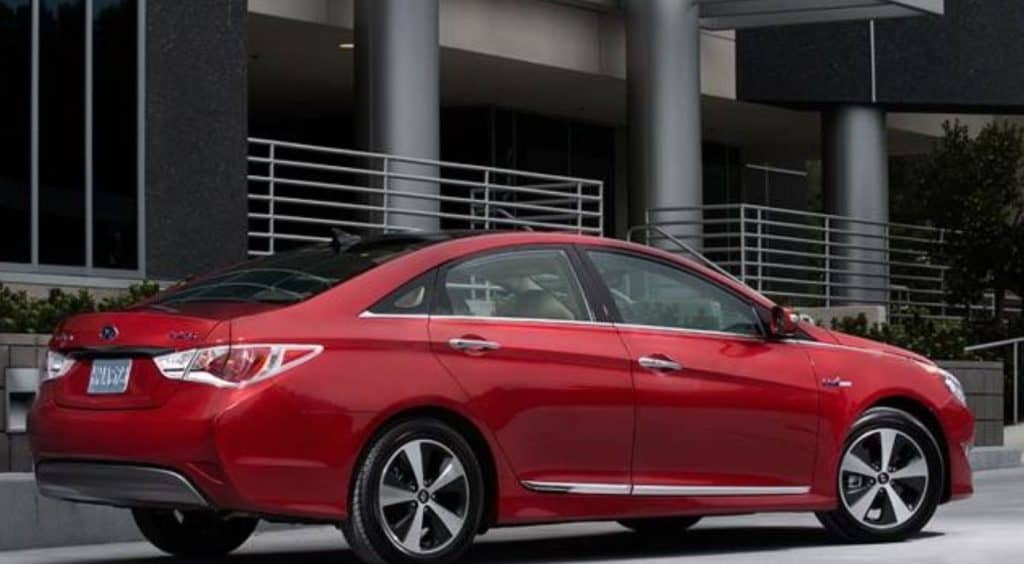
It is the largest award ever granted in an automotive whistleblower case and comes as NHTSA and the U.S. Department of Transportation (DOT) prepare to propose regulations related to an automotive whistleblower program Congress created in 2015. It is also the maximum amount available under the law.
Mr. Kim, based in Seoul, South Korea, reported to NHTSA in 2016 that Hyundai was failing to address a design flaw linked to its Theta II engines, which were prone to seizing up and even catching fire. NHTSA found that Hyundai and its Kia subsidiary had delayed recalling the vehicles, and that the Korean automaker had provided inaccurate information about the problems. In 2020, Hyundai and Kia agreed to pay $81 million (and up to $210 million) to NHTSA to resolve the claims and implement new safety procedures.
Under the new automotive whistleblower program, auto-industry employees who report fraud are entitled to receive up to 30% of any collected monetary sanctions resulting from their claims.
“I am pleased that I have been justly compensated for the risks I took to protect owners of these defective cars, and grateful that the U.S.’s legal system had a program in place to make this possible.” Mr. Kim said. “I hope my reporting leads to real safety improvements, both at Hyundai and throughout the industry.”
Mr. Kim continued, “At Hyundai, we often repeated the catchphrase ‘Quality is our pride.’ I blew the whistle so Hyundai and Kia would keep this promise. I am glad I helped save vehicle owners everywhere several billion dollars in repair costs that Hyundai and Kia schemed to put on them.”
Constantine Cannon attorney Ari Yampolsky said: “This is an important award—not just for Mr. Kim, but for the automotive industry as a whole. It is another step in the internationalization of efforts to root out fraud and corruption. Auto-industry employees everywhere need to know: If your employer sells unsafe vehicles in the United States, NHTSA wants to hear from you, and can pay you a financial reward for exposing misconduct.”
Mr. Yampolsky added: “The SEC’s whistleblower program recently passed the $1 billion mark in awards to insiders worldwide who reported fraud. Whistleblowers are now the key tool regulators use to go after financial fraud in the U.S. With the NHTSA whistleblower program now underway, we fully expect a similar impact on the automotive industry—which ultimately results in safer cars and fewer lives lost.”
In 2015, Congress passed the Motor Vehicle Safety Whistleblower Act. The law created a whistleblower reward program in the DOT to pay awards to industry insiders who provide information to safety regulators about defects in vehicles. The law, which was modeled after other U.S. whistleblower programs, such as the one the U.S. Securities and Exchange Commission established in 2011, also protects whistleblowers from retaliation and protects their confidentiality.
Constantine Cannon is the leading law firm in the world in automotive-related whistleblower actions. In addition to Mr. Kim’s case and others currently pending, in 2018 the firm obtained more than $1 million on behalf of two individuals who provided information to the U.S. government in its criminal action against Takata, the now-defunct maker of defective airbags that exploded and claimed the lives of 22 people. The case set off a worldwide recall of nearly 100 million airbag inflators. Constantine Cannon also secured an $8 million settlement on behalf of a whistleblower client in a False Claims Act lawsuit against one of the largest aftermarket brake and chassis parts distributors in North America.
NHTSA’s whistleblower regulations are expected to be finalized in early 2022.